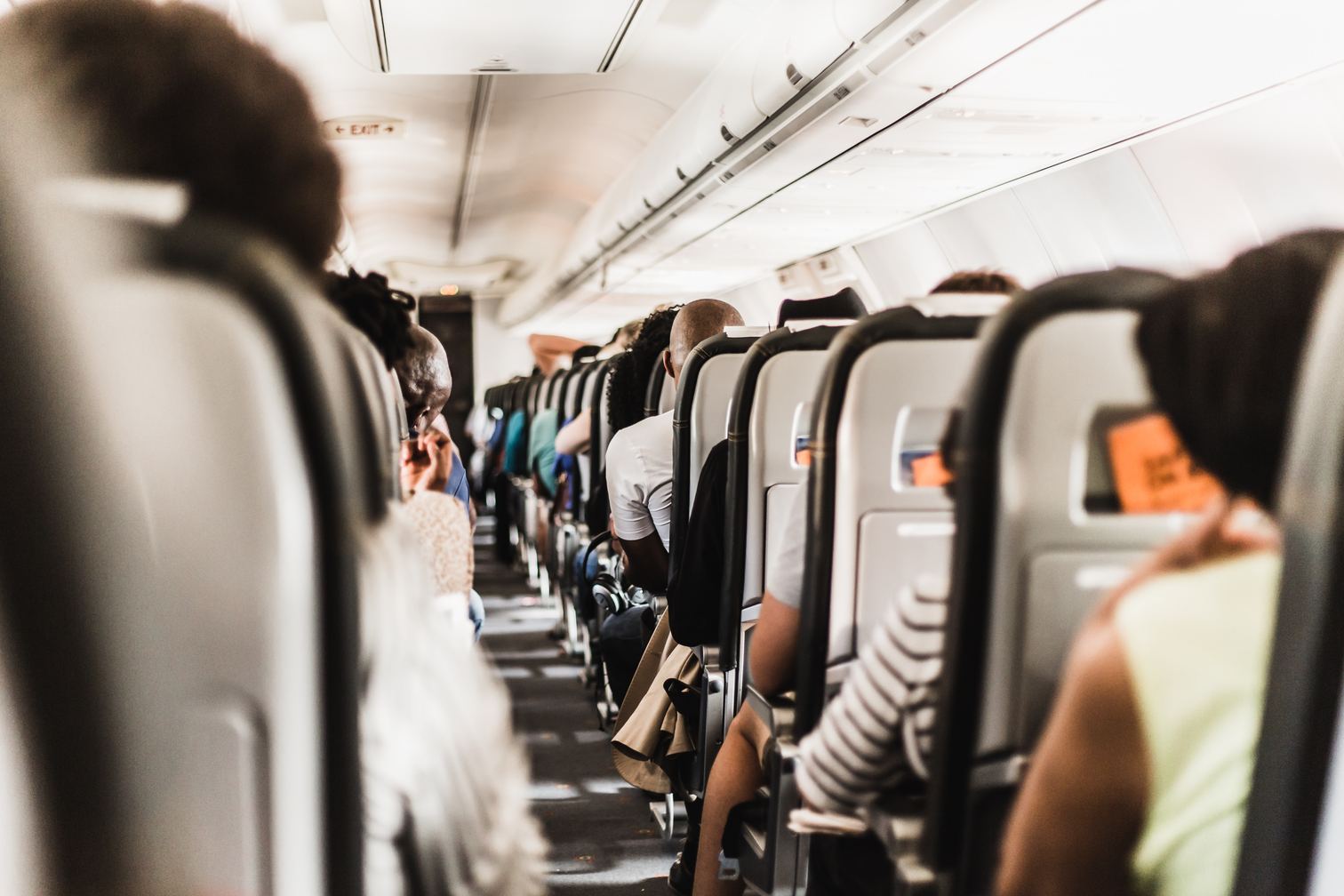This is a linear narrative that is repeated throughout our history. We invent world-changing technology, adopt our lifestyles, cities and economies around it, and only several decades down the line reflect on how it has impacted our health. And the story of flying is certainly no exception to this. It’s great that companies can now occupy a number of cities, dotted all around the globe, and its employees simply jump between locations. But the cost of flying for work takes a toll not only on company air travel expenses but on employee productivity and the number of missed work days as a result of fatigue.
Back at the end of 2016, the flight comparison booking site Kayak teamed up with aircraft manufacturer Airbus to produce an insightful survey that shed some serious light on the impact jet lag has on companies and employees. According to the study, jet lag is in fact costing UK based businesses £241 million each year. By examining 1,000 adults who had travelled on long-haul flights over a period of twelve months, the aircraft manufacturer and booking site found that on average, 2.2 days are effected on either direction in terms of productivity after a long flight. The study found that employees operated at only 61% of their usual productivity levels while suffering from the effects of jet lag.
In summary, this important study revealed that UK businesses are currently losing roughly 20 million days of work each year, while at the same time, figures suggest that 77% of long-haul flyers reported that jet lag has negatively impacted their concentration, with 49% claiming that it has prompted them to make mistakes at work. Suzanne Perry, who is a travel expert working with Kayak commented on the report, saying that “It is easy to see jet lag as a minor inconvenience, but as the data shows, it is causing Brits to literally lose millions of days of their hard-earned holiday each year – and hitting businesses in their bottom line.”
With this information in mind, where does that leave us moving forward and continuing to work on expanding our businesses internationally while regarding travel as a staple of modern society? It seems that solutions to this growing problem are on the rise, at least consciously, with PhD candidate Achim Leder focusing his thesis on the effects of cabin lighting on jet lag. In an interview about his research, Leder said that “research reveals that the sleep hormone melatonin is influenced by light and colours that favour relaxation and sleep patterns. This enables your body to better adapt to the new time zone.” Thus Leder and his team have been working on creating cabin lighting that represents various scenarios that correlate with what the body needs.
At LYS Technologies, however, we are focused on tackling light induced negative effects with behaviour change first, and influence infrastructure with our knowledge database after. What if, before the wheels begin to rotate and push the redesigning of aircraft into a human-centric lighting sphere, we could simply coach travellers to shift their light habits when they travel? Little alerts in one’s smartphone could navigate them to cover their eyes with an eye mask at the right time, or when they should open the aircraft window and switch their reading light on or off.
Now that we understand that long-haul flying has a serious toll on our health, productivity and economy, it seems that urging a population to start by shifting their habits before, during and after a long-haul flight could save millions of pounds, and improve the wellbeing of numerous employees.


